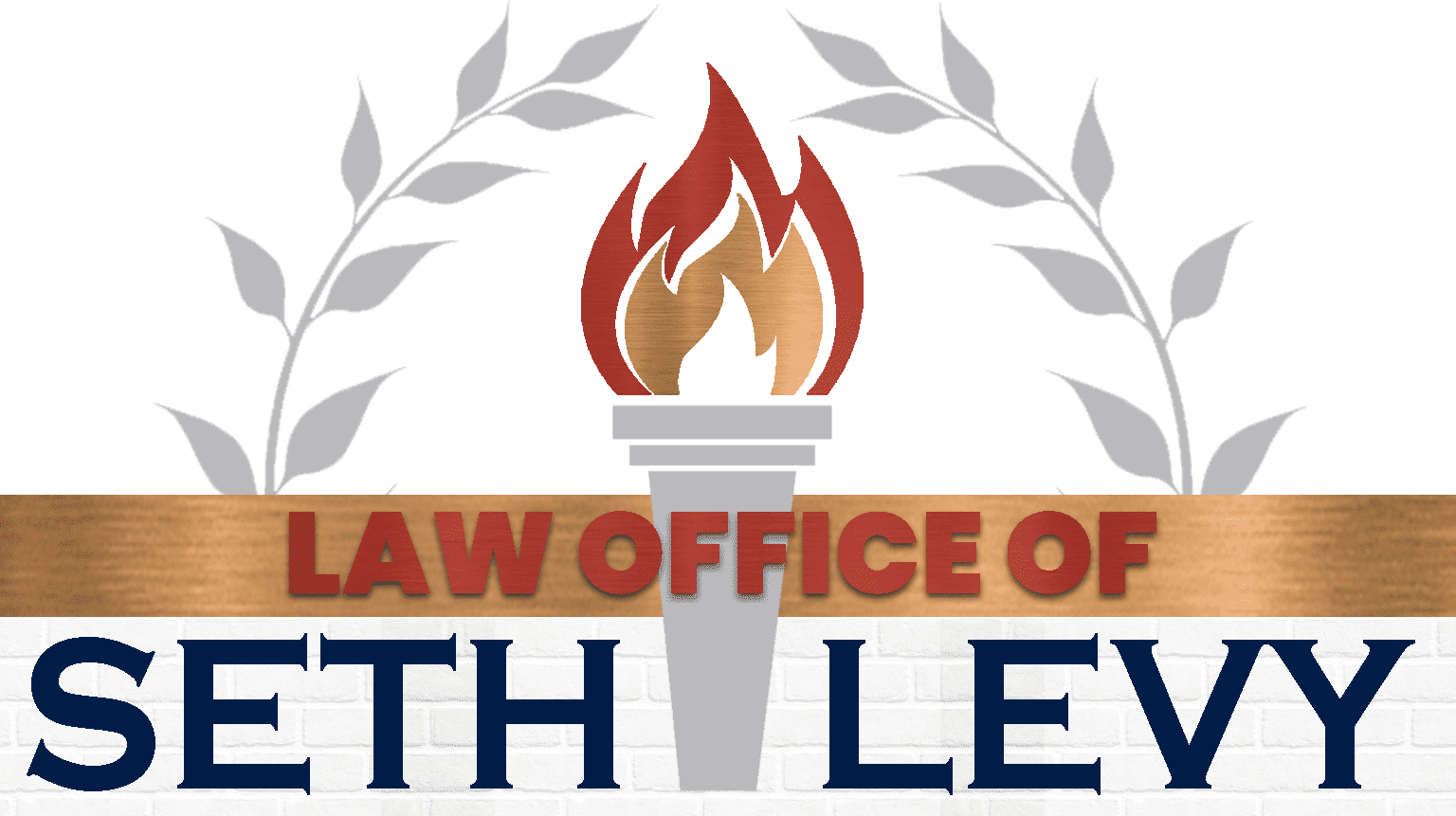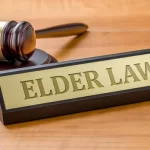When a Will is taken to the Probate Court, a Personal Representative is appointed to administer the assets owned by the deceased individual. With proper legal counsel, the Personal Representative is more likely to carry out his or her duties in a timely and efficient manner. Planning for proper administration will help mitigate family disagreements and, if necessary, reduce taxes and Court fees.
What Is Probate Administration?
Probate administration allows for effective management and distribution of the deceased individual’s assets. The process includes filing a Will in court and administering the estate. Most people associate probate proceedings with a testamentary will, but intestate estates (when a person dies without a Will) can also go through the probate process and be administered. The professionals at the Law Office of Seth Levy can help you understand the Probate administration process and can understand what to expect and what manner of assets can be distributed..

Probate Administration Process
The first step of probate administration is when the will is filed in probate court. With no objections to the will, the named executor or personal representative will pay debts of the estate and distribute any remaining assets to beneficiaries. If the deceased individual created a testamentary will, this document determines the distribution of assets during the probate proceeding. However, if no will exists, or if the will only covers part of the estate, South Carolina law determines the beneficiaries and distribution.
The probate court oversees the process. Typically, the process includes these four steps:
- If an executor or personal representative is not named in the testamentary will, one must be appointed. This person is entitled to collect fees from the estate for work performed.
- Identify and notify heirs, beneficiaries, creditors and the public about the deceased individual and the creation of the probate estate.
- Appraise property. A full inventory of the property must be done to determine the value of the estate. If the estate lacks sufficient assets to pay off creditors, beneficiaries may not receive some or all of their inheritance.
- Pay taxes, creditors and distribute assets to beneficiaries. Creditors, including the IRS, receive payment according to a priority order and any leftover funds are distributed amongst the heirs according to the will or the requirements of the law.
Complications to the Probate Process
The probate administration process does not always go smoothly. Come complications can arise with assets that are not subject to probate. Retirement Accounts, bank and brokerage accounts with joint holders, life insurance payouts, and properties owned in a Trust or through a right of survivorship, are not dictated by the probate process. These can create imbalances in the distribution of your Estate if not fully thought through. Individuals receiving lesser amounts have an incentive to contest the Will where a large Estate is involved. These issues can be alleviated through careful planning during your lifetime.
What Is Trust Administration?
When a loved one dies and they have a trust, the process of trust administration will need to be undertaken. Trust administration is the management and eventual distribution of assets held by the Trust. The Trustee is a fiduciary acting in the best interests of the beneficiaries and often needs
legal counsel to ensure that he or she is acting in the proper manner. They must protect the assets of the Trust and follow all the Trust instructions. South Carolina law is often consulted where the Trust is uncertain or vague regarding duties or distributions.
The professionals at the Law Office of Seth Levy can help you with your Trust administration needs. Call 843.400.4510 or open a chat with us today.


